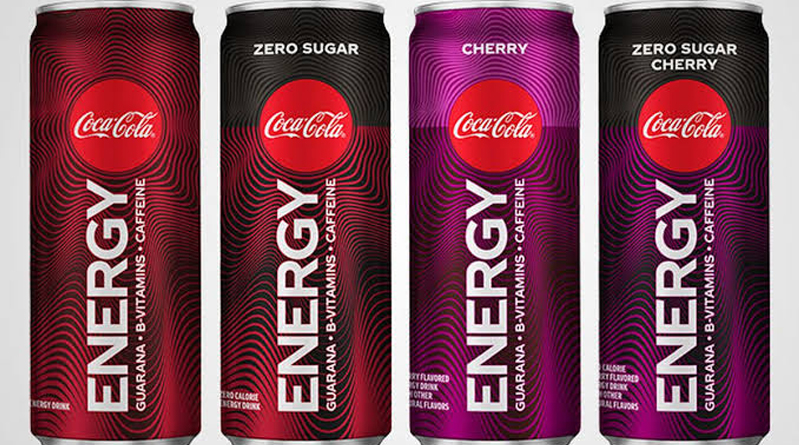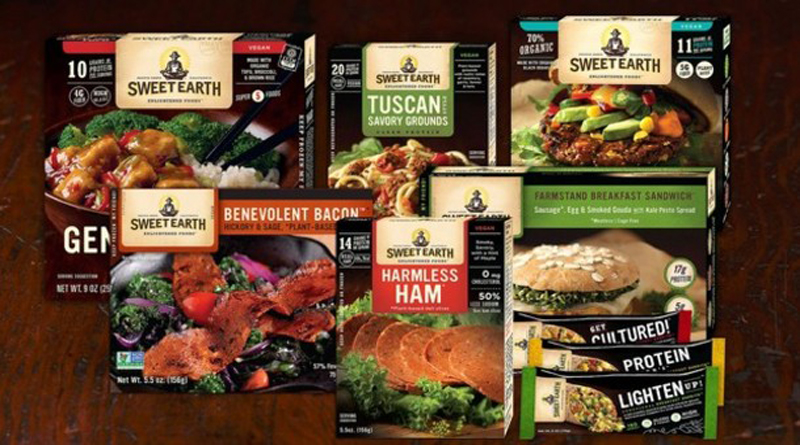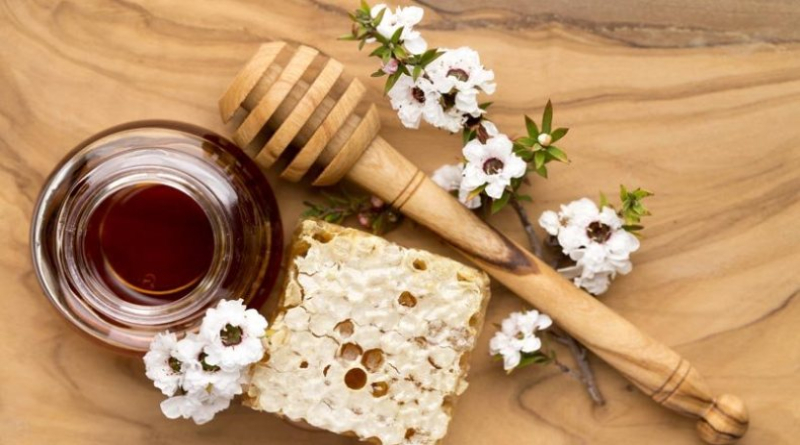Energy drinks—which, beyond high levels of caffeine, also tend to include other supplements like taurine or B vitamins—have a complicated history. (Though Coca-Cola originally contained cocaine: History doesn’t get much more complicated than that.) The modern wave of energy drinks can be traced back to the success of Red Bull in the 1990s. Other brands like Monster Energy, launched in 2002, followed, and now both sell billions’ worth of beverages annually in the U.S.—despite concerns that excessive consumption can cause health problems, even leading sales of the drinks to minors to be banned in some places. And yet, if people are worried about energy drinks, sales figures haven’t shown it. While health concerns over sugary drinks have caused soda sales to slump in recent years, the big energy drink brands have seen steady growth.
Maybe it’s this “you’re damned if you do” mentality that has lead Coca-Cola to finally stop worrying and love the energy. Earlier this year, Coca-Cola launched the first energy drink under its flagship brand internationally, and today, the company announced it’s bringing Coca-Cola Energy to the U.S. starting on January 20.
Coca-Cola Energy will arrive in America in four varieties: Energy, Energy Zero Sugar, Energy Cherry, and Energy Zero Sugar Cherry—all of which will include 114 milligrams of caffeine per 12-ounce serving (which the company bills as “roughly the equivalent of a 12-ounce cup of drip coffee”), as well as guarana extracts and B-vitamins. Though Energy and Energy Zero Sugar are available in 25 countries around the globe, Coca-Cola says both Cherry versions will be exclusive to the U.S.
“Coca-Cola Energy was developed by listening to people who told us they wanted an energy drink that tastes more like Coca-Cola than a traditional energy drink. We saw an opportunity to meet an unmet need in the category. While energy drinks are one of the fastest-growing NARTD beverage categories in the U.S.—with sales growing around 5 percent annually—household penetration has slowed,” Janki Gambhir, Coca-Cola Trademark innovation brand director, said in the announcement. “Research shows that people are open to trying energy drinks, but are hesitant to give these products a try because of unfamiliar brands touting unfamiliar ingredients. Taste is a strong driver when people are deciding what beverages to enjoy, especially in a market where there are so many options. We know Coca-Cola fans love the taste of Coke… and, with Coca-Cola Energy, we found there was an opportunity to extend Coca-Cola to a category many people haven’t tried.”
Interestingly, however, though Coca-Cola Energy (which I’ve tried in the U.K.) does taste a bit like Classic Coca-Cola, it also tastes like another familiar drink: Red Bull. Coca-Cola Energy starts with a strong cola note, but it quickly gives way to that familiar Red Bull fruity, almost bubblegum-like, flavor. Even the beverage’s color lands somewhere between Coca-Cola’s dark brown and Red Bull’s light golden hue.
In fact, in an experiment I’m embarrassed to say I actually carried out, I simply mixed Coca-Cola and Red Bull together and the resulting flavor was surprisingly similar to Coca-Cola Energy. The actual Coke version led with a bit more roasted bitterness (almost coffee-like), but outside that, my homemade Coca-Cola-Red Bull hybrid wasn’t far off. (It’s worth noting that sometimes recipes of the same product vary in different countries, but Coca-Cola hasn’t indicated that this will be the case for Coca-Cola Energy.)
Meanwhile, Coca-Cola’s new energy drink entry will nod to Red Bull in another way: Following a packaging trend Red Bull popularized, Coca-Cola Energy will be sold in “sleek cans”—12-ounce ones, to be specific.
Overall, if taste is really the primary reason some people avoid energy drinks, I find myself wondering if Coca-Cola Energy tastes enough like Coca-Cola to truly entice Coke fans. Meanwhile, if you like energy drinks, Coca-Cola Energy doesn’t seem to offer much reason to switch brands. In many ways, Coca-Cola Energy reminds me of Coca-Cola’s attempts to make a Coke-coffee hybrid: They were never coffee enough to appeal to coffee drinkers but had a bit too much coffee bite to lure soda fans. None of this is to say that Coca-Cola Energy is bad, but as far as grabbing Coke a chunk of the growing energy drink market is concerned, this hybrid offering won’t necessarily be a slam dunk.
Source: Food and wine










